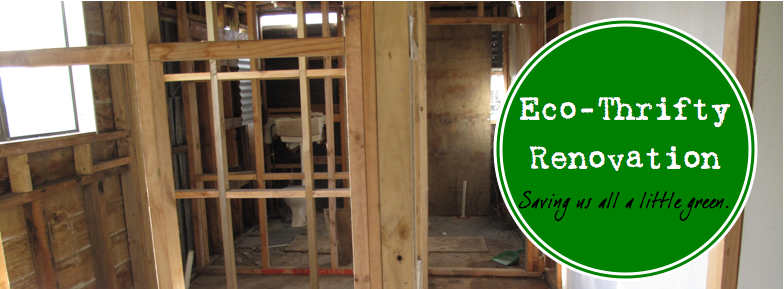I'll admit that I am conservative. I like to conserve energy, conserve water, conserve money, conserve time and conserve effort. But am I too conservative?
Here is my little story.
I was pleased to hear a certain radio personality express his newfound appreciation for what climate change looks like on the day before the autumnal equinox. He went on to express another conservative opinion about the unsustainable debt held by many local councils. Again, I share his concern. Then he began to talk about another issue and the conservative stance the Green Party had taken on it. Three for three. Good one!
I called him up to congratulate him on his consistent conservative values and what I recognized in each case as the application of the "precautionary principle." I had barely made my point when he vigorously questioned me on the third issue: the Green Party's stance on fracking in Taranaki. From my perspective, the Green Party appears to be using the precautionary principle in its approach to fracking. This would appear to be a conservative position.
However, the radio personality accused me of something I did not catch because I was nervous talking on the radio. I suggested that international scientific research on fracking may be considered and that some data from the USA indicates problems associated with fracking. He insisted that no scientific data from anywhere outside of New Zealand should be considered at all. This would appear to be a radical position.
Then the radio personality said that a full, independent scientific analysis had been done to assess the effects of fracking around Taranaki and found no need whatsoever for any concern. He asked if that would be enough evidence for me. I told him that for me - being a conservative and supporter of the precautionary principle - I would seek a second opinion. This would appear to be a very conservative position.
The radio personality said "No, no, no." For him a second opinion was not important. This would appear to be a non-conservative position. Then he hung up on me without even thanking me for my call or my compliment. What kind of a position is that?

Peace, Estwing

I have been meaning to write to the newspaper about the fracking research. It is a blatant case of science being misused, and I suspect that GNS themselves would be complaining about it if they weren't nervous about their funding.
ReplyDeleteThe study showed that none of the fracking undertaken in Taranaki has caused any earthquakes. And that all it shows. You cannot conclude from such a study that fracking will never trigger an earthquake in Taranaki. Rather it simply means that no one has fracked in the right (wrong) place yet - a place where the rock is carrying sufficient stress to continue propagating a rupture.
I hope that it was a politician or political advisor who leapt to this false conclusion. Any scientist who would do so is not fit for their job.
The USGS has declared that hydraulic fracturing is responsible for an increase from 50 earthquakes a year to more than 1000 in Oklahoma. (http://community.nasdaq.com/News/2011-11/us-government-confirms-link-between-earthquakes-and-hydraulic-fracturing.aspx?storyid=101994 )
Research into the initial rupture process of earthquakes shows that the initial rupture is quite consistent in size for a wide range of magnitudes (M4 up to M9) - it is in the order of 100 square metres. It is how far beyond that initial area, times the stress that is released per unit area which determine the magnitude and intensity of the earthquake. Is it possible for hydraulic fracturing to rupture 100 square metres in one go? Evidence suggests so. Fortunately for us, it hasn't yet happened in sufficiently stressed rock. Is there such rock beneath Taranaki? Probably - GNS scientists described Taranaki's deep volcanic rocks as "similar to those of Canterbury (Banks Peninsula volcano)" - although the more recent volcanic activity here might have an effect on stress levels.
The conservative/precautionary approach is certainly not to frack.